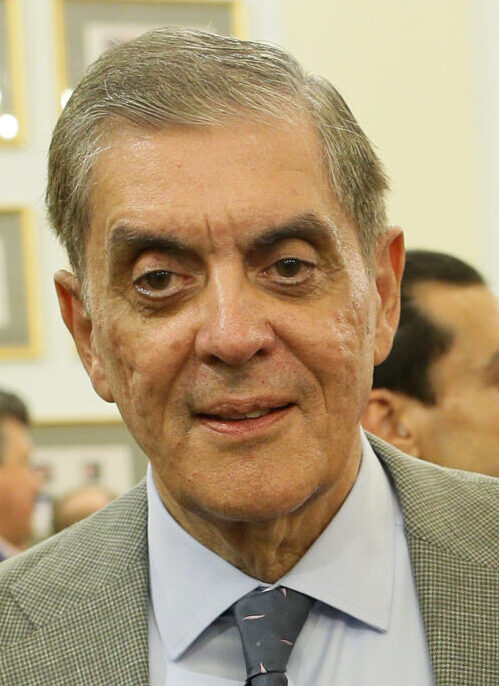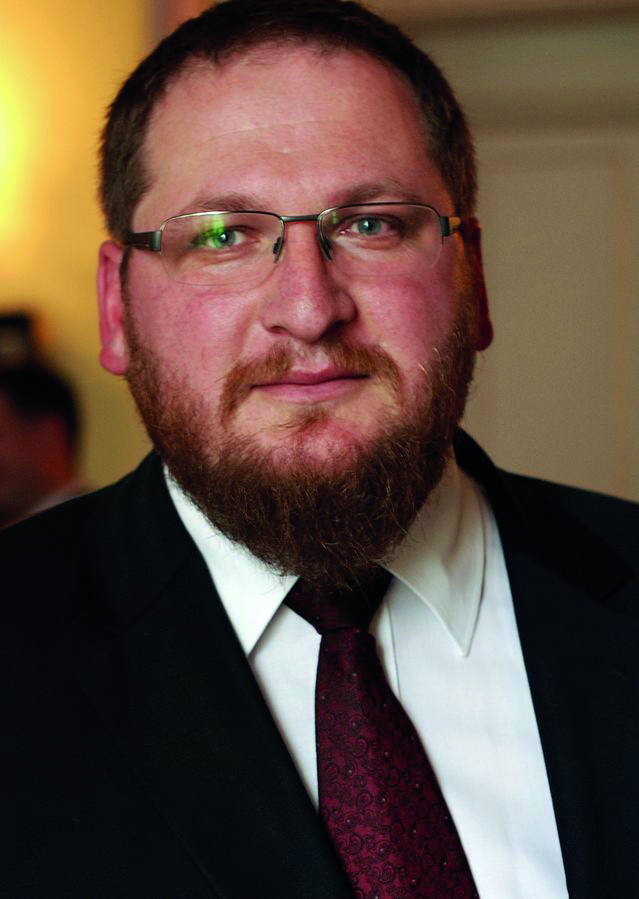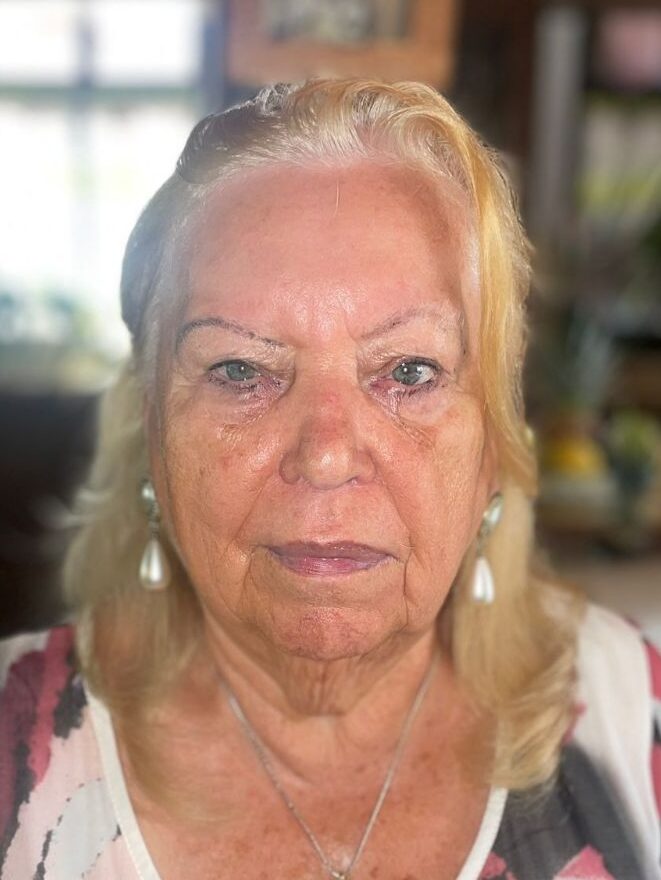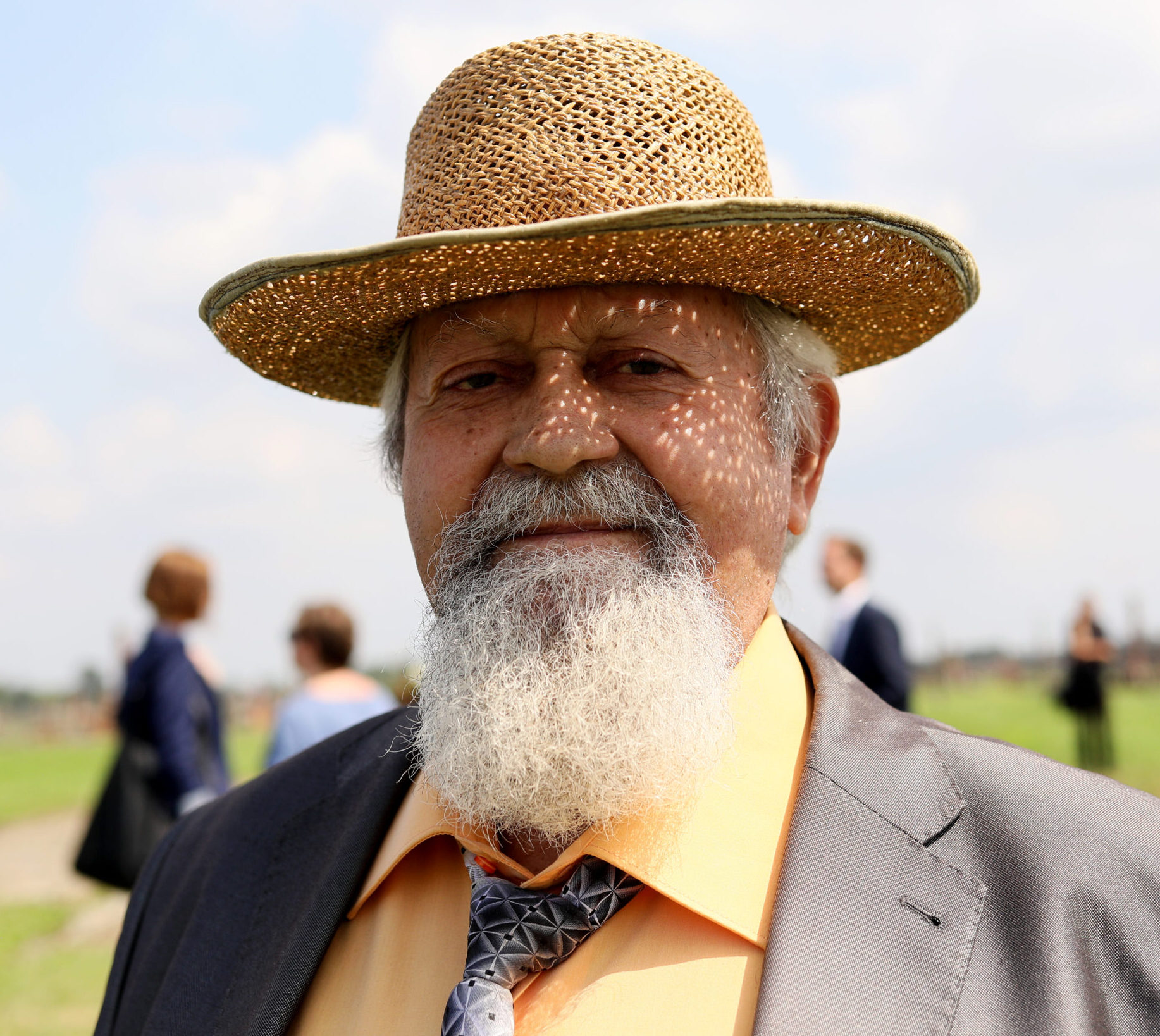2 August 2024
Christian Mihr
Deputy Secretary General /
Managing Director Human Rights Impact
Video statement on the occasion of 2 August 2024, Holocaust Memorial Day for Sinti and Roma
Today we remember the Holocaust of the Sinti*zze and Rom*nja. Throughout Europe 500,000 fell victim to the murderous politics of the National Socialists. Many more were forcibly sterilised.
The genocide was the culmination of centuries of discrimination and persecution of a minority that had been living in Germany for 600 years. Prejudices against Sinti*zze and Rom*nja were and still are deeply rooted in our society.
These prejudices were a fertile ground for the criminal policies of the National Socialists. Not only Nazis were responsible for the genocide. Many ordinary Germans in state and church institutions were involved, too.
For the Nazis, Sinti*zze and Rom*nja, like Jews, were so-called ‘alien races’. They did not belong to the ethnically defined German people. They were ‘the others’, foreign agents, enemies. They were dehumanised and deprived of their rights, marginalised and persecuted.
Immediately after the National Socialists came to power, Sinti*zze and Rom*nja were forced out of professional and public life.
They were registered by German authorities, who examined their hair colour, took blood samples and drew up pedigrees.
This was followed by deportation to ghettos and concentration camps and finally murder in extermination camps such as Auschwitz.
After the end of the Second World War, the German police continued to register and monitor Sinti*zze and Rom*nja. And they used the racist files of the Nazis.
It took 37 years after the end of the Second World War before the Federal Republic of Germany recognised the genocide of the Sinti*zze and Rom*nja. And it took another 30 years before a memorial was established to commemorate it.
After the Second World War, the international community agreed to the Universal Declaration of Human Rights. It promises that dignity and rights of every individual count – any time and everywhere.
The German Basic Law echoes this promise.
But still, Sinti*zze and Rom*nja experience massive discrimination in Germany: they are associated with criminality. They are insulted with the racist Z-word and unlawfully deported. They are racially profiled by the police and they experience police violence frequently.
In recent years, violence and hate speech against minorities increased and reaches alarming proportions.
Once again political actors try to divide our diverse society into ‘us versus them’. We need to confront this attempt. We must not allow these actors to dehumanise people, marginalize and deprived them of their rights.
It’s up to us: we must live up the promise of universal human rights. That’s our responsibility in these contested times.
Statements 2024

Romani Rose
Centralna Rada Niemieckich Sinti i Romów

Roman Kwiatkowski
Stowarzyszenie Romów w Polsce

Piotr Cywinski
Dyrektor Muzeum i Miejsca Pamięci Auschwitz-Birkenau

Alma Klasing
ocalała z Holokaustu

Bolesław Rumanowski
ocalała z Holokaustu










